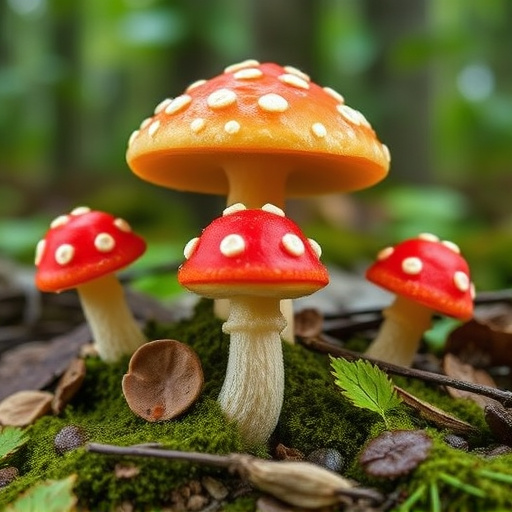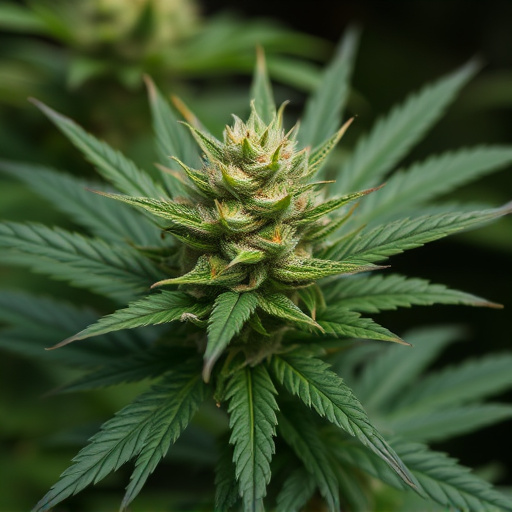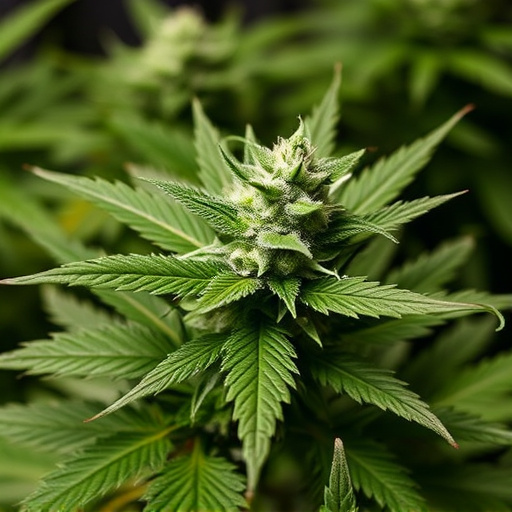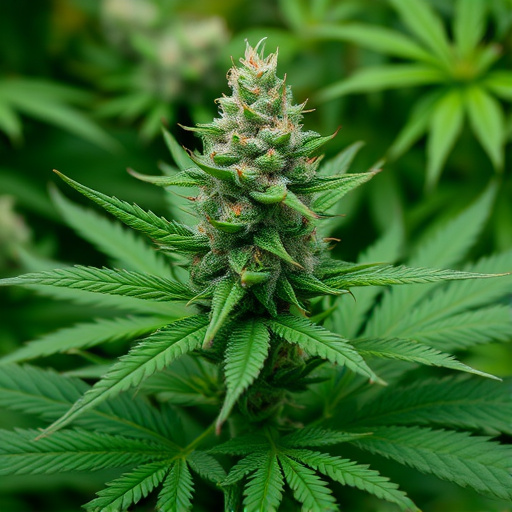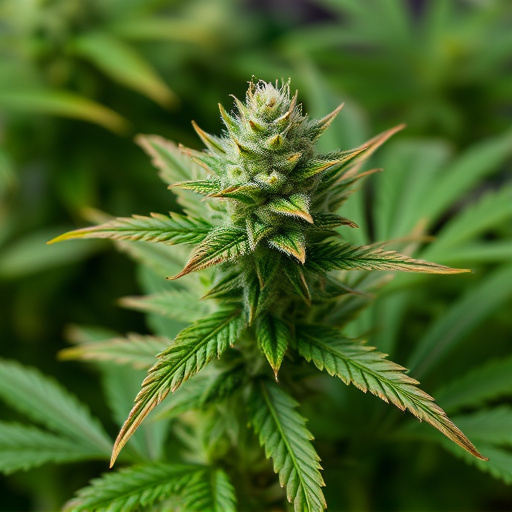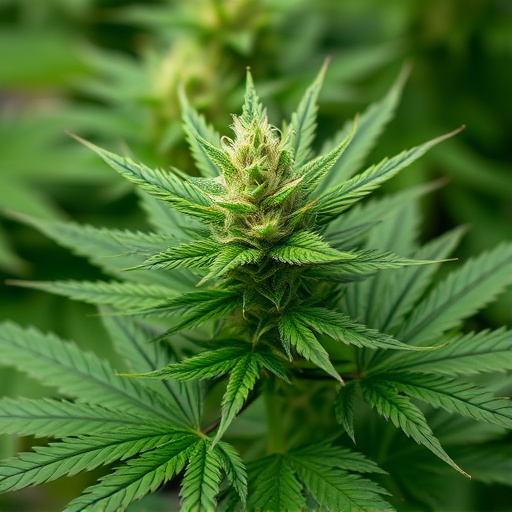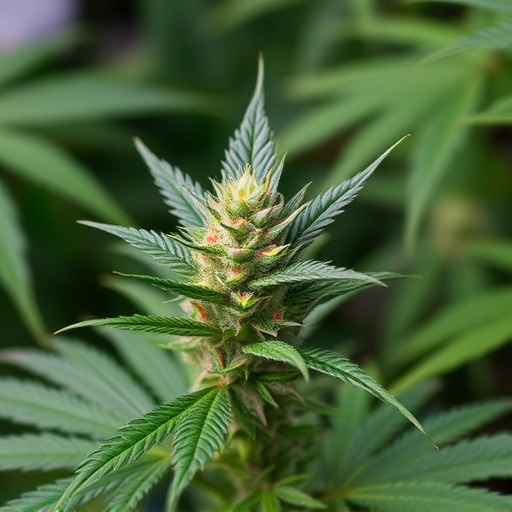Excessive cannabis use, especially high-potency strains, can worsen PTSD symptoms like anxiety and paranoia. While CBD-rich, low-THC strains may provide relief, scientific evidence is mixed. Responsible consumption involves setting usage limits, understanding personal tolerance, and consulting healthcare professionals specializing in medical marijuana. This ensures that cannabis consumption supports mental health management without adverse effects.
“Curious about the effects of excessive weed smoking? This article explores the multifaceted impact of overindulging in cannabis, delving into its potential risks and benefits. From understanding the physiological effects to investigating cannabis strains’ role in treating PTSD, we navigate a complex landscape. Additionally, we provide insights on managing intake for improved mental health and well-being, including the consideration of specific cannabis strains for PTSD as a potential solution or misguided approach.”
- Understanding the Impact of Excessive Cannabis Consumption
- Cannabis Strains for PTSD: A Potential Solution or Misguided Approach?
- Managing Weed Intake for Optimal Mental Health and Well-being
Understanding the Impact of Excessive Cannabis Consumption
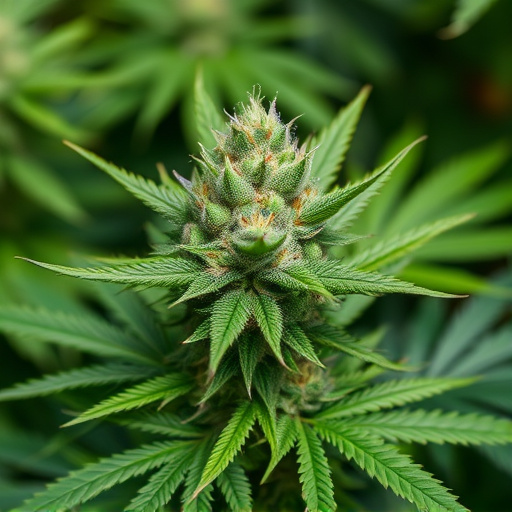
The impact of excessive cannabis consumption, or smoking too much weed, goes beyond mere relaxation or euphoria. While cannabis is known for its therapeutic benefits, especially in managing conditions like PTSD, chronic and heavy use can lead to a range of adverse effects. Research suggests that prolonged exposure to high doses of THC, the primary psychoactive compound in cannabis, may disrupt brain chemistry and affect memory, motivation, and decision-making abilities.
For individuals seeking cannabis strains for PTSD, it’s crucial to approach consumption responsibly. Using high-potency strains without proper guidance or monitoring can exacerbate symptoms such as anxiety, paranoia, and mood swings. It’s essential to consult healthcare professionals who specialize in medical marijuana to understand personal tolerances and find balanced treatments that complement rather than complicate mental health management.
Cannabis Strains for PTSD: A Potential Solution or Misguided Approach?
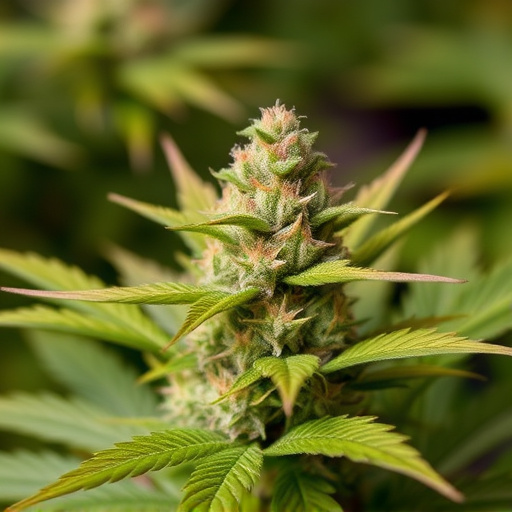
Cannabis has gained attention as a potential treatment for Post-Traumatic Stress Disorder (PTSD) due to its various compounds and effects. Some cannabis strains are believed to offer relief from PTSD symptoms, particularly those high in cannabidiol (CBD) and low in tetrahydrocannabinol (THC). CBD is known for its calming properties and ability to reduce anxiety without the psychoactive effects of THC.
However, the idea of using cannabis for PTSD remains a controversial topic. While some users report positive outcomes, scientific research on this subject is still limited and often conflicting. The right cannabis strain for PTSD treatment would need to provide significant relief from flashbacks, nightmares, and heightened anxiety, while avoiding or minimizing potential psychoactive effects that could trigger additional trauma. As such, it’s a complex issue requiring further study to determine the safety and efficacy of cannabis as a viable therapy for this mental health condition.
Managing Weed Intake for Optimal Mental Health and Well-being
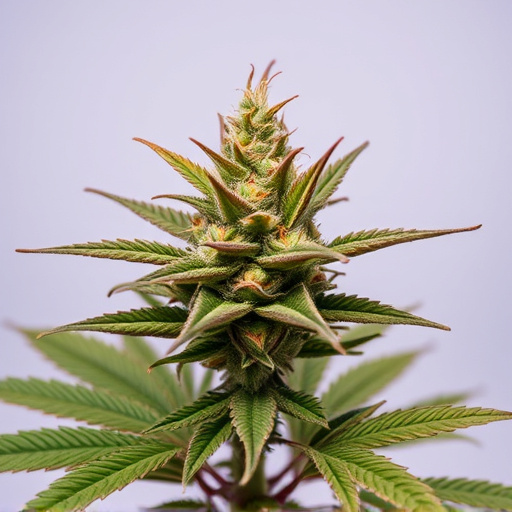
Managing your cannabis intake is crucial for maintaining optimal mental health and well-being, especially for those dealing with conditions like PTSD. While cannabis can offer certain therapeutic benefits, such as reducing anxiety and improving sleep in some individuals, excessive use may lead to adverse effects, including cognitive impairment and increased anxiety symptoms. Striking a balance between reaping the potential benefits of specific cannabis strains for PTSD and preventing overuse is essential.
Choosing low-THC (tetrahydrocannabinol) strains known for their calming properties and high levels of CBD (cannabidiol) can be a game-changer. These strains might help manage symptoms without causing psychoactivity, which can be particularly beneficial for those with PTSD who need to maintain clarity of mind. Additionally, setting clear limits on usage, understanding personal tolerance, and seeking professional guidance are key strategies to ensure cannabis consumption supports rather than hinders mental health recovery.
In conclusion, while cannabis has shown promise as a treatment for PTSD through specific strains, excessive consumption can lead to adverse mental health effects. Balancing weed intake is crucial for overall well-being, and understanding the impact of prolonged use is essential. By managing their consumption, individuals can harness the potential benefits of cannabis strains for PTSD while avoiding the risks associated with overusage.

